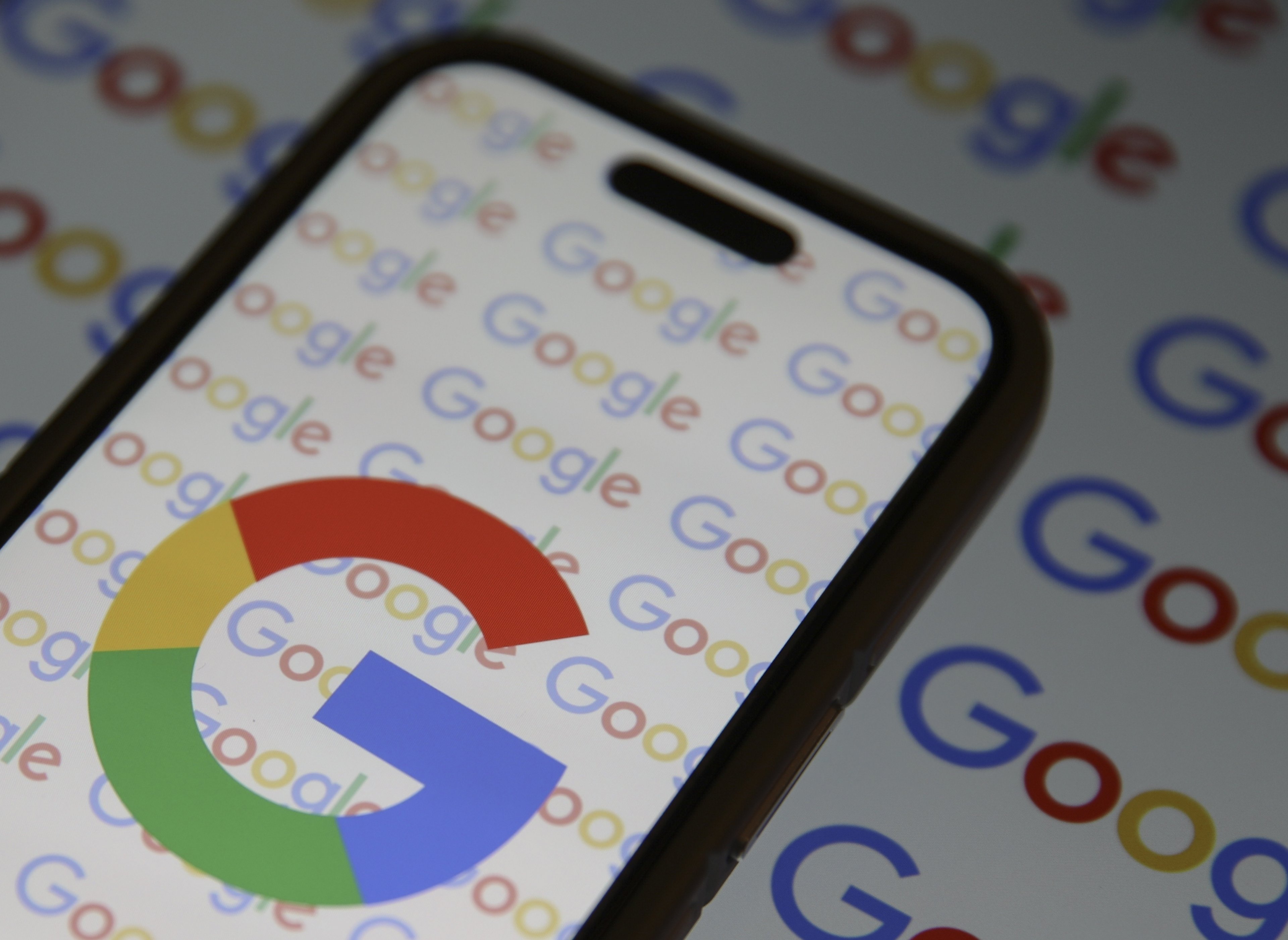In October of last year Alphabet (GOOG +1.05%) (GOOGL +1.02%) quietly shared the news that its search results were being powered by a machine-learning algorithm called RankBrain. The news that artificial intelligence (AI) was driving Alphabet's core search product was delivered with so little fanfare it may have slipped under investor's radar.
As the world wraps its collective heads around the notion of computers that actually learn, tech leaders like Alphabet, IBM (IBM +0.49%), and Microsoft (MSFT +0.24%) have begun pushing the artificial intelligence boundaries. A machine learning search engine doesn't have the same panache as IBM's AI robot, or Microsoft opening its AI doors to developers. That said, the difference between Alphabet's pre-AI and post-AI driven search offers a window into how impactful already AI is, and a tantalizing view of what to expect in the months and years ahead.
Survey says
Digital marketing firm Stone Temple Consulting recently completed an intriguing comparison between the "old" Alphabet search -- pre-RankBrain -- and the upgraded AI results. Stone Temple's archived examples versus today's machine learning search demonstrates how much "smarter" Alphabet's core product has become. RankBrain actually "interprets language, interprets your queries, in a way that has some of the gut feeling and guessability of people."
The study was conducted using 163 older queries that consisted of incomplete, or difficult to understand search terms such as, "What is low in the army?" The "old" Alphabet search results included, "Army readiness at historically low levels," and "Army wants low-level soldiers linked into its data nets," among others.
But the new AI-powered algorithm was able to discern what the query was "supposed" to mean, and the difference is night and day. In the example above, the enhanced search returned results including, "US Army military ranks," and "Enlisted Army ranks." Of the 163 queries put to the test, an impressive 89 of them -- just shy of 55% -- returned improved results.
Here's another example:

Image courtesy of Stone Temple Consulting
What it means
Alphabet's machine learning search and its recent win over the world's best Go player-Go is an ancient board game considered by many as, "One of the great intellectual mind sports of the world," have significant implications. Similar to IBM's Watson cognitive computer beating a Jeopardy! champion at his own game, Alphabet is putting its stamp on a market expected to grow at a compound annual growth rate (CAGR) of over 50% a year.
One conservative estimate suggests that by 2020, AI will become a $5 billion opportunity. That explains why IBM has invested over $5 billion in its "strategic imperatives," which are largely centered on AI and cognitive computing. Microsoft is another tech behemoth exploring AI, and recently announced it would open its Project AIX doors to developers this summer.
The Project AIX group is using Microsoft's Minecraft as a testing ground to "train an artificial intelligence agent to learn how to do things like climb to the highest point in the virtual world." Minecraft is seen as an ideal testing platform in part because it offers an infinite number of possibilities that requires "learning" to improve.
As the Internet of Things (IoT) begins to make its way into our daily lives, the volume of data available has never been larger, and it's growing daily. That's great news for businesses -- information is often the basis for making intelligent business decisions -- if the data is correctly analyzed. And "correct" will mean different things to different people. No problem, AI can handle that. Not to mention smart cars, homes, and cities that continuously improve to match each consumer's needs.
RankBrain isn't as glamorous as IBM's AI-powered robot concierge or using one of the world's most popular games as a testing platform. But improved search results utilizing AI is just the tip of what is becoming an extremely large iceberg, and Alphabet plans to get its share of the spoils.









